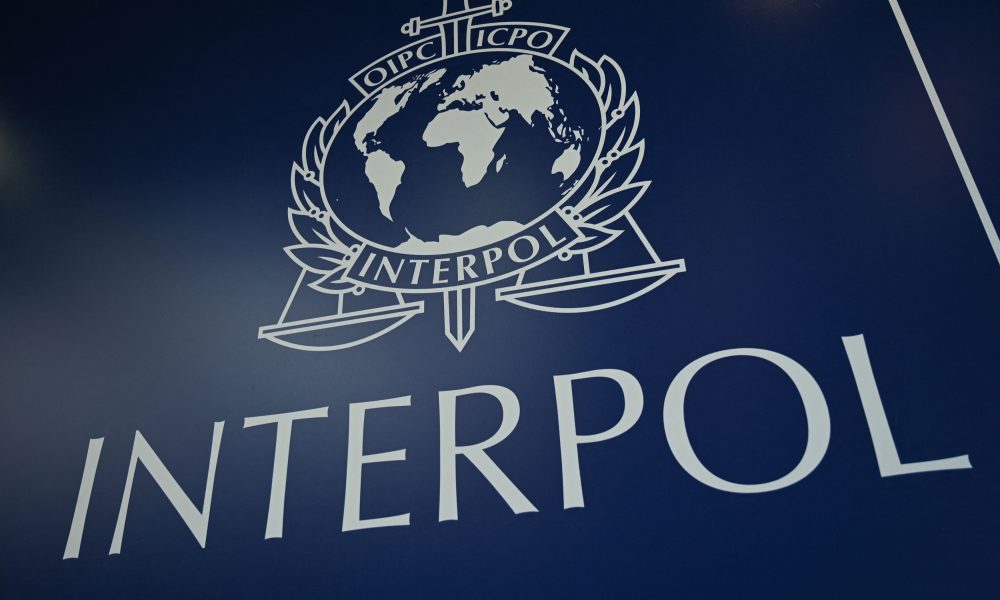The Gambia recorded 1,729 ransomware threat detections in 2024, placing it among the ten most targeted countries in Africa for cyberattacks, according to INTERPOL’s newly released 2025 Africa Cyberthreat Assessment Report.
In the report, the international police organisation warned that cyber-enabled crime is expanding rapidly across the continent, driven by the rise in internet access and the growing digital footprint of African economies.
“Cybercriminals have not ceased to unleash attacks, especially in the region, with attacks almost on a daily basis,” INTERPOL noted. “Africa’s growing digital landscape is becoming a target for sophisticated cybercrime operations.”
The Gambia was ranked fifth in terms of ransomware detections, behind Egypt 17,849, South Africa 12,281, Nigeria 3,459 and Kenya 3,030. Other countries listed in the top ten include Ghana, Tunisia, Algeria, Morocco and Ethiopia.
Ransomware, along with online scams, business email compromise (BEC), and sextortion, were identified as the most dangerous cyber threats on the continent. But INTERPOL made clear that the nature and impact of these attacks differ across regions, depending on existing infrastructure, security protocols and levels of digital literacy.
In West and East Africa, over 30 per cent of all reported crimes last year were linked to online activity, with financial and operational damage reported in critical sectors such as finance, energy, telecommunications, government and infrastructure.
“Ransomware attacks caused substantial financial and operational damage across Africa in 2024,” the report stated.
Despite the scale of the problem, the report said most countries still lack the tools to respond effectively. Only 30 per cent of African countries surveyed had an official system for reporting incidents. Even fewer had digital evidence repositories 29 per cent or cyber threat intelligence databases 19 per cent.

Private sector partners that contribute data to INTERPOL’s cybercrime operations, including Kaspersky, reported suspected scam notifications had increased by up to 3,000 per cent in some African countries over the past year.
The report underscored the growing concern that African countries are ill-equipped to deal with this wave of cyber threats. “Ninety per cent of African countries acknowledge the need for significant improvement in their capabilities to investigate, prosecute and punish these crimes,” it said.





